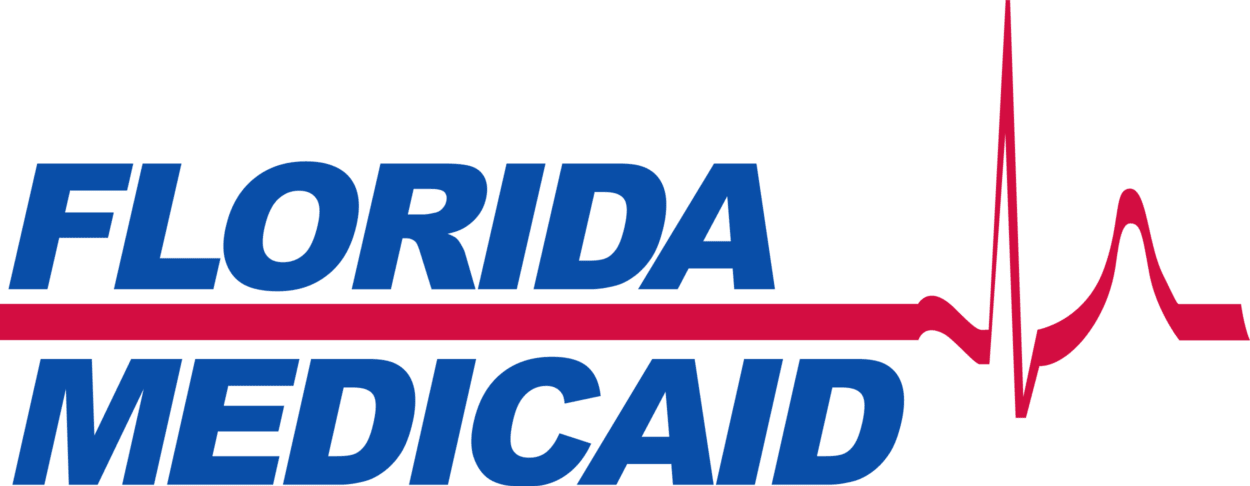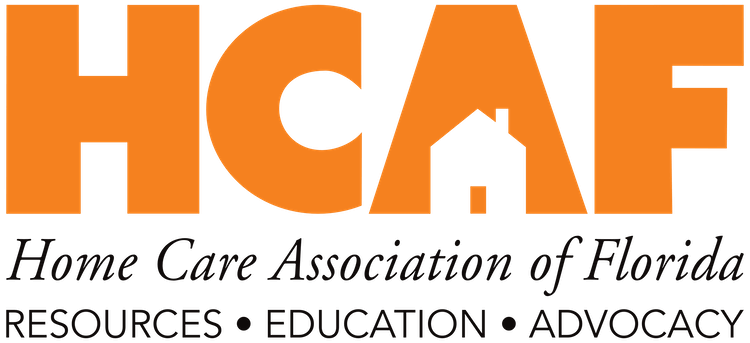AHCA Requests Legislative Funding to Redesign Medicaid Private Duty Nursing Reimbursement

AHCA Requests Legislative Funding to Redesign Medicaid Private Duty Nursing Reimbursement
The Agency for Health Care Administration (AHCA) has included a $7.1 million request in its Fiscal Year (FY) 2026-27 Legislative Budget Request (LBR) to support a comprehensive redesign of Florida Medicaid’s Private Duty Nursing (PDN) reimbursement methodology.
Under Florida’s budget process, state agencies submit LBRs each fall to outline their funding priorities. These requests are advisory: the Governor decides which items to include in the Governor’s recommended budget, which is then presented to the legislature. Lawmakers debate, amend, and ultimately adopt the budget through the General Appropriations Act, which the Governor can sign into law or veto in part or in full. Each budget cycle covers the fiscal year beginning July 1.
What AHCA is Proposing
The budget issue would establish a new tiered fee-for-service (FFS) payment structure based on patient acuity and geographic location. The change is intended to bring Medicaid’s FFS reimbursement in line with current payment practices under the Statewide Medicaid Managed Care (SMMC) program, where rates already vary to reflect medical complexity and market conditions.
Currently, the Medicaid FFS program reimburses PDN services at $26.25 per hour for licensed practical nurses (LPNs) and $30.07 per hour for registered nurses (RNs) — rates that do not adjust for acuity or geography. By comparison, average managed care payments for PDN are significantly higher, with RN rates 61% above the FFS fee schedule in FY 2022-23.
Under the redesign, FFS rates would be modernized to:
- Tailor payments to reflect the complexity of a child’s medical needs and the challenges of providing care in rural or underserved areas.
- Increase access to PDN services by making reimbursement more competitive and attractive to nurses.
- Improve quality of care by supporting providers with resources that better cover the costs of serving high-complexity patients.
Why This Matters
Florida Medicaid currently covers PDN services for approximately 3,200 medically fragile children under the age of 21. These services are delivered in the home or community by RNs or LPNs and are critical to preventing hospitalizations, reducing reliance on institutional care, and supporting families in caring for children with complex medical needs.
AHCA cites the ongoing national nursing shortage and Florida’s obligation under a 2023 federal court injunction (United States v. Florida) as key drivers of this funding request. The injunction requires that 90% of authorized PDN hours be provided for children receiving 24/7 care, and 70% of hours be filled for all other PDN recipients. It also directs the state to ensure children receive services as authorized, transition children from institutional settings, and improve care coordination. According to AHCA’s budget request, increasing PDN reimbursement rates is essential to meet these requirements and expand the nursing workforce.
Importantly, AHCA did not list the PDN redesign in its Schedule VIIIB-2 — the document that identifies issues for possible reduction in the event of a revenue shortfall. This omission signals that AHCA considers PDN redesign a top priority in its budget submission.
What’s Next
If included in the Governor’s recommended budget and later approved by lawmakers, the request would provide $7,132,057 in recurring dollars — $3,043,249 in state tax dollars and $4,088,808 in federal matching dollars — to support the new PDN reimbursement methodology.
HCAF will closely monitor the budget process and continue advocating for policies that strengthen access to in-home care for Florida’s medically fragile children and their families.
